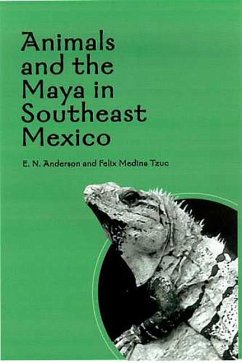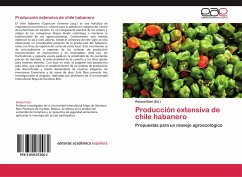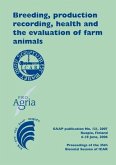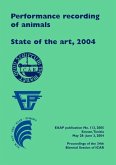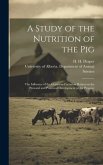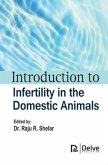In Mexicoas southeastern frontier state of Quintana Roo, game animals and other creatures that depend on old-growth forest are disappearing in the face of habitat destruction and overhunting. Traditionally, the Yucatec Maya have regarded animals as fellow members of a wider society, and in their religion animals enjoy the status of spiritual beings. But in recent years, the breakdown of cultural restraints on hunting has spiraled so far out of control that almost everything edible within easy reach of a road has become fair game. This book combines the insights of an anthropologist with the hands-on experience of a Maya campesino with the aim of improving the management of Quintana Rooas wild lands and animal resources. E. N. Anderson and Felix Medina Tzuc pool their knowledge to document Yucatec Maya understanding and use of animals and to address practical matters related to wider conservation issues. Although the Yucatec Mayaas ethnobotany has been well documented, until now little has been recorded about their animal lore. Anderson and Medina Tzuc have compiled a wealth of information about traditional knowledge of animals in this corner of the Maya world. They have recorded most of the terms widely used for several hundred categories of animals in west central Quintana Roo, mapped them onto biological categories, and recorded basic information about wildlife management and uses. The book reflects a wealth of knowledge gathered from individuals regarded as experts on particular aspects of animal management, whether hunting, herding, or beekeeping. It also offers case studies of conservation successes and failures in various communities, pointing to the need for cooperation by theMexican government and Maya people to save wildlife. Appendixes provide an extensive animal classification and a complete list of all birds identified in the area. Even though sustainable forestry has finally come to the YucatAn, sustainable game use is practiced by only a few communities."Animals and the Maya in Southeast Mexico" is a complete ethnozoology for the region, offered in the hope that it will encourage the recognition of Quintana Rooas forests and wildlife as no less deserving of protection than ancient Maya cities.
Hinweis: Dieser Artikel kann nur an eine deutsche Lieferadresse ausgeliefert werden.
Hinweis: Dieser Artikel kann nur an eine deutsche Lieferadresse ausgeliefert werden.

